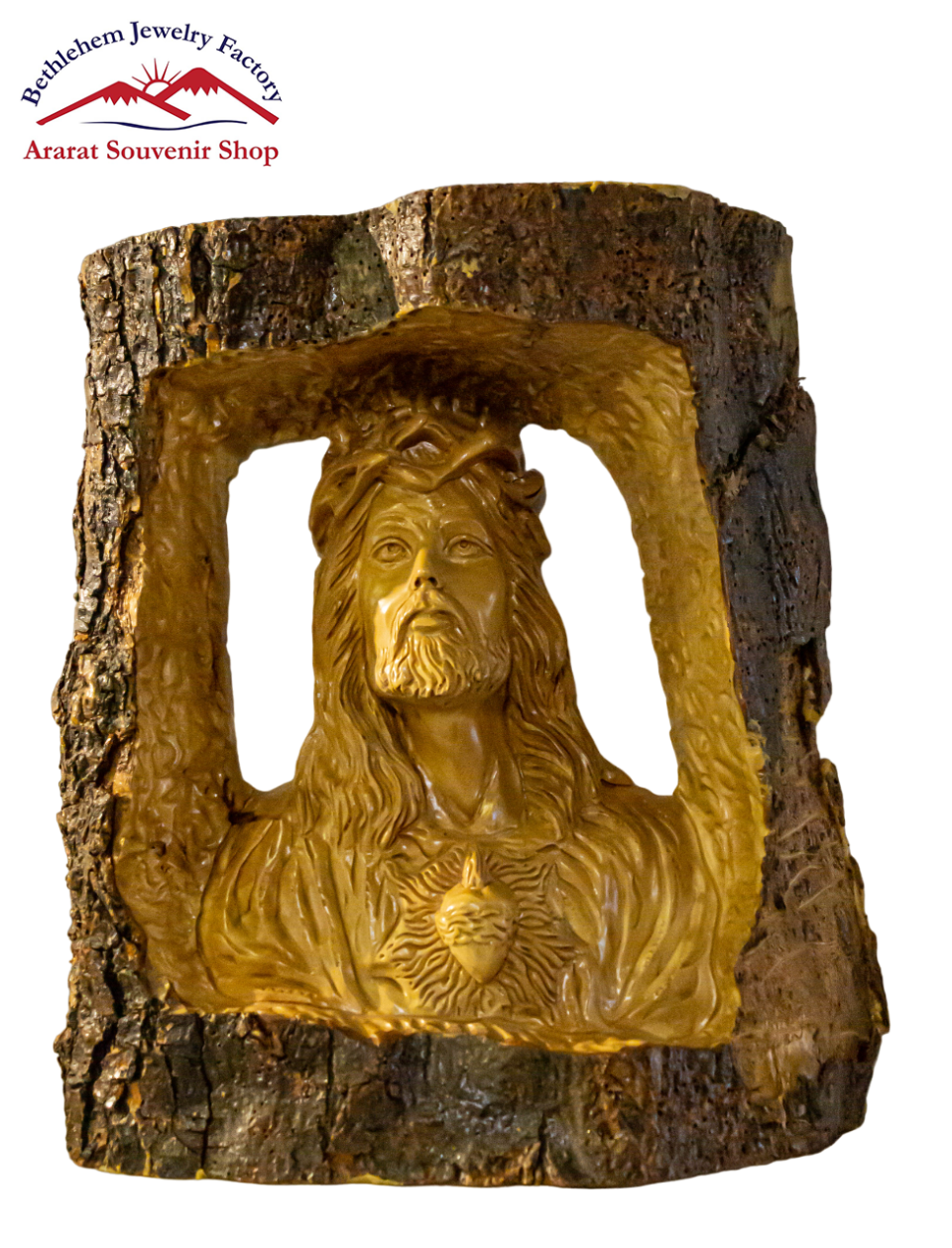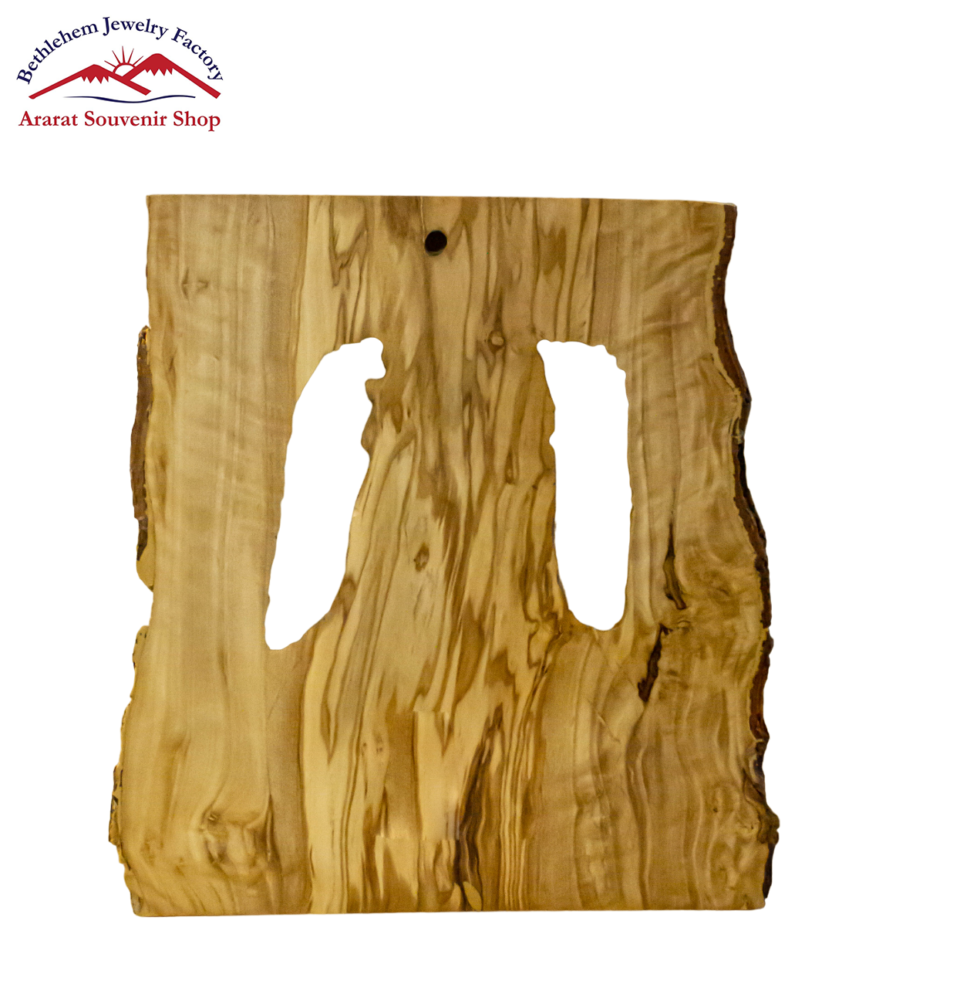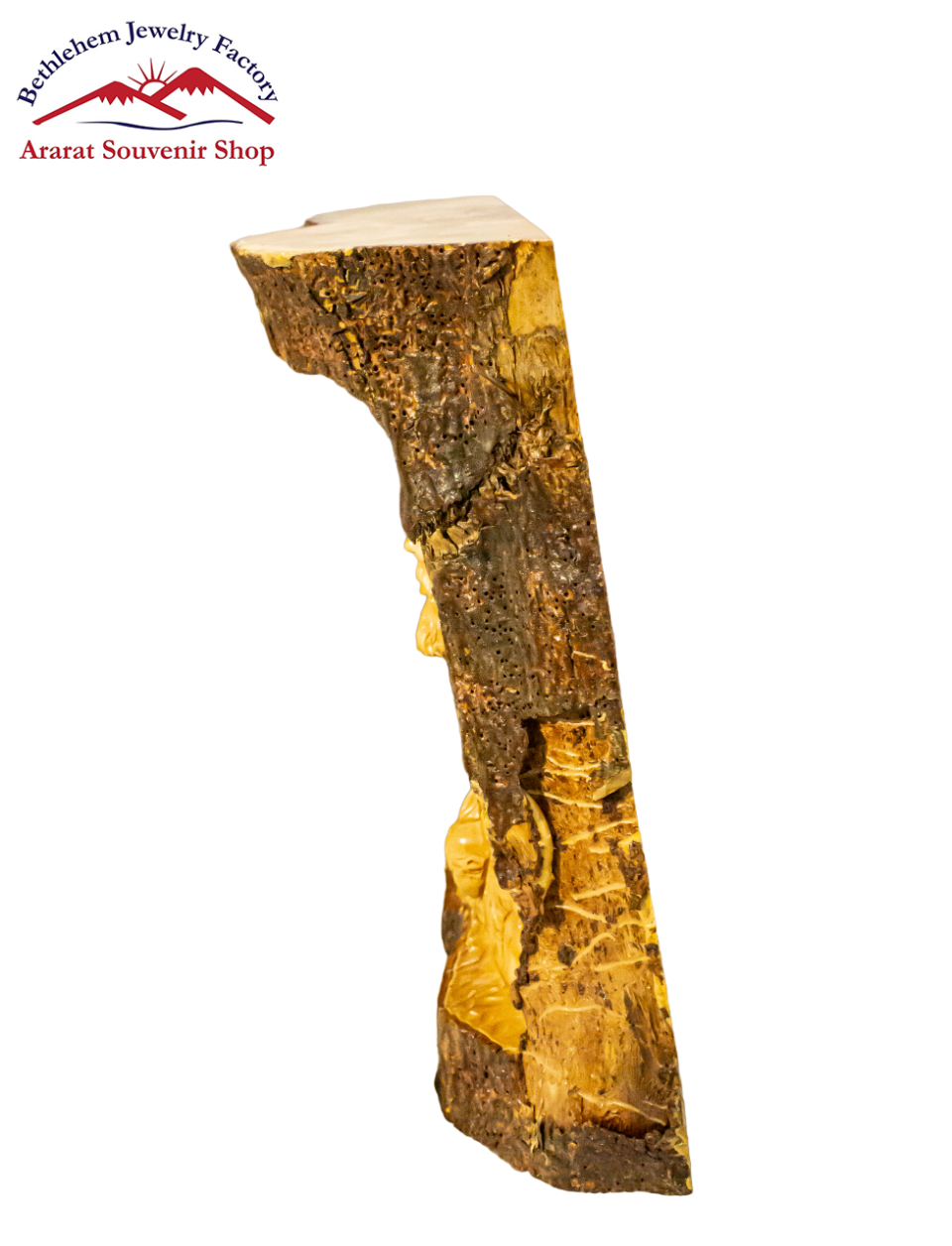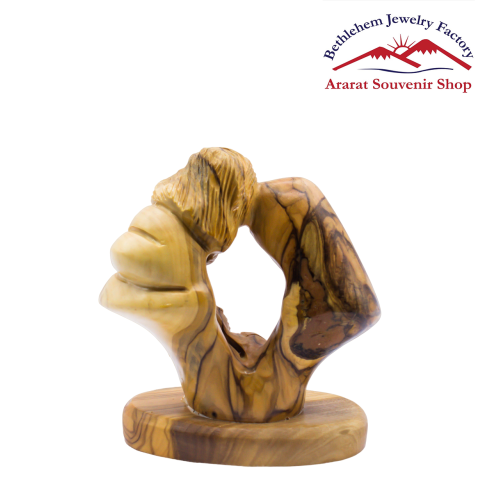Jesus Wearing a Crown of Thorns
The story of Jesus wearing a crown of thorns is a poignant narrative that reflects suffering, sacrifice, and ultimate redemption. It is one of the most powerful and emblematic images of the Christian faith, representing the humiliation and agony endured by Jesus during his final hours leading to the crucifixion. This story unfolds in the context of the trials and tribulations that Jesus faced as he fulfilled his divine mission on earth.
After the Last Supper and His anguished prayer in the Garden of Gethsemane, Jesus was betrayed by one of His disciples, Judas Iscariot. Judas’s act of betrayal led to Jesus’s arrest by the Roman authorities. He was taken before the Sanhedrin, the Jewish council, where he endured a mock trial characterized by false accusations and unjust treatment. Despite being innocent, Jesus faced relentless questioning and physical mistreatment at the hands of those who were supposed to uphold justice. The atmosphere was thick with tension and hostility, leading to a series of events that would culminate in His brutal crucifixion.
After being condemned by the Sanhedrin, Jesus was brought before Pontius Pilate, the Roman governor, for sentencing. Pilate, recognizing the political motivations behind the charges against Jesus, was initially hesitant to condemn Him. However, under pressure from the crowd, who demanded His crucifixion, the governor ultimately succumbed to their outcry. Jesus was then handed over to Roman soldiers, marking the beginning of a harrowing ordeal.
It was during this phase of humiliation that the crown of thorns was inflicted upon Jesus. The soldiers mocked Him, draping Him in a purple robe—a gesture meant to imitate the royal garments worn by kings. Then, they took branches of thorned plants, weaving them into a makeshift crown. This crown, designed for mockery rather than honor, was pressed violently onto His head, causing excruciating pain and blood to run down His face. The soldiers cruelly bowed before Him, taunting Him, saying, “Hail, King of the Jews!” Their mockery was a bitter affront to Jesus’s true nature as the King of Kings, further highlighting the irony of the situation.
The crown of thorns serves as an emblem of several profound theological themes central to the Christian faith. Firstly, it powerfully illustrates the extent of Jesus’s suffering and the depth of His love for humanity. By willingly accepting humiliation and pain, Jesus embodied the concept of sacrificial love—an unconditional desire to bear the sins and sufferings of the world. This act of wearing the crown of thorns, therefore, symbolizes not only His physical suffering but also the emotional and spiritual anguish of taking upon Himself the weight of humanity’s sins.
Moreover, the crown of thorns is a powerful counterpoint to the concept of earthly power and authority. Kings throughout history have worn crowns made of precious metals and adorned with jewels, signifying their power and glory. In stark contrast, Jesus’s crown is made from thorns, a symbol of pain and sacrifice. This inversion of glory speaks to the core of Jesus’s mission: to establish a kingdom not built on earthly strength or dominion but one founded on love, grace, and humility.
As Jesus suffered under the weight of the crown, He was fulfilling the prophetic words of Isaiah (53:5), which foretold that the Messiah would be “wounded for our transgressions” and “crushed for our iniquities.” This imagery of suffering and atonement is vital to understanding the purpose of Jesus’s life and death. In becoming the suffering servant, He provided a pathway for reconciliation between God and humanity, offering salvation to all who believe.
Following the ridicule, Jesus, still wearing the crown of thorns, was led to His crucifixion. This journey to Golgotha was marked by immense physical pain, as He carried the cross upon which He would be executed. Despite the brutal treatment He endured, Jesus’s demeanor remained one of compassion and forgiveness. He uttered words of mercy to those causing His suffering, asking the Father to forgive them, for they did not understand the magnitude of their actions. This grace offered in the face of brutality reveals the heart of the Gospel message—love and forgiveness transcending human failure.
Ultimately, the crown of thorns stands as a profound symbol of Jesus’s sacrifice and the redemptive act of the crucifixion. Through His suffering, death, and subsequent resurrection, Jesus overturned the power of sin and death, offering hope and eternal life to all who would accept Him as Lord and Savior. The image of the crown has become a vital part of Christian iconography, reminding believers of the cost of salvation and the enduring love of Christ.
In churches and artwork around the world, the crown of thorns serves as a poignant reminder of the reality of Christ’s suffering and the hope found in His resurrection. It calls believers to engage deeply with the themes of sacrifice, humility, and love, encouraging them to live lives that reflect these values in their daily interactions with others.
As believers meditate on the story of Jesus wearing a crown of thorns, they are invited to reflect on their own lives and the ways they can embody love and compassion, taking inspiration from Christ’s example. The crown reminds them that, while suffering is a part of the human experience, it can also lead to profound hope, healing, and transformation.
In conclusion, the narrative of Jesus wearing a crown of thorns poignantly encapsulates the essence of His mission on earth—an embodiment of sacrificial love, humility, and redemption. It is a picture of the depth of His suffering for humanity’s sake, highlighting the divine paradox of a King crowned with thorns, who, through His death and resurrection, established a lasting legacy of hope and salvation for all who believe.












Reviews
There are no reviews yet.